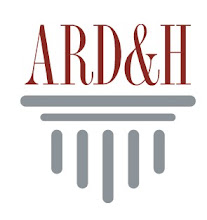Have you ever thought of adopting an adult for inheritance purposes? This is a question both for lawyers and non-lawyers. Most people are not aware that you can adopt an adult in Maryland Maryland
Maryland
There are good reasons to adopt an adult as part of a thoughtful and effective estate plan. First, persons who are adopted, even as adults, are generally treated the same as natural-born children of those who adopt them. An adult who inherits from an unrelated decedent must pay a 10 percent Maryland
However, adult adoptees, just like natural-born children, are not subject to the state inheritance tax when inheriting from their adoptive parents. Second, if someone dies intestate (without a Will) and without a spouse, his/her assets will be distributed equally among his children, whether adopted or natural born. Third, an adult adoption virtually ensures that the adoptee will inherit from the adoptee’s adoptive parents, because the likelihood of a successful court challenge to the adoptee’s status is significantly diminished following adoption.
During this past legislative session, the Maryland General Assembly considered legislation to legalize same-sex marriage. If that legislation had been enacted, then (presumably) the same-sex couples would receive the same tax benefits as heterosexual married couples do in Maryland Maryland
Because the legislation did not pass, the 10 percent Maryland Maryland
While an adult adoption may make sense in the context of domestic partners who want to insure that their partner inherits, there are other sound reasons for an adult adoption, as in the case of those who are childless but want to take advantage of provisions of a trust made by their parents or grandparents.
One of the goals of Maryland
Until the Maryland
